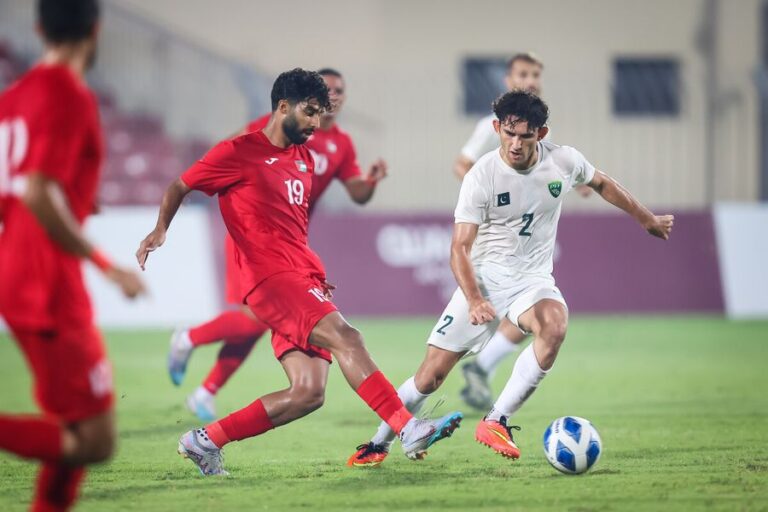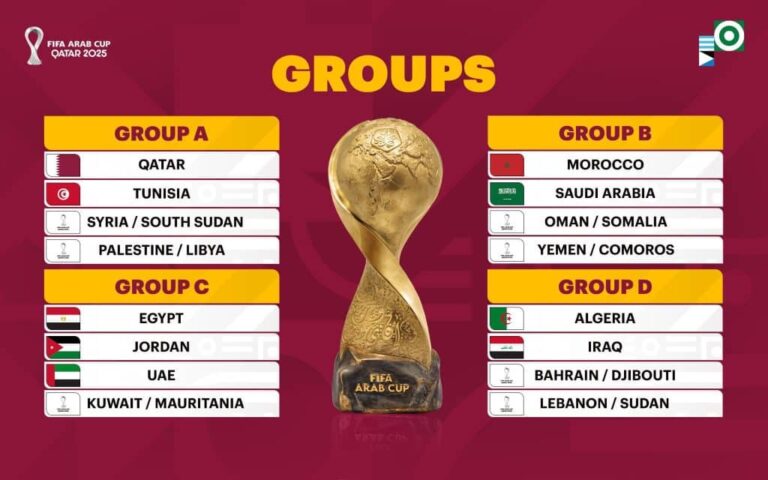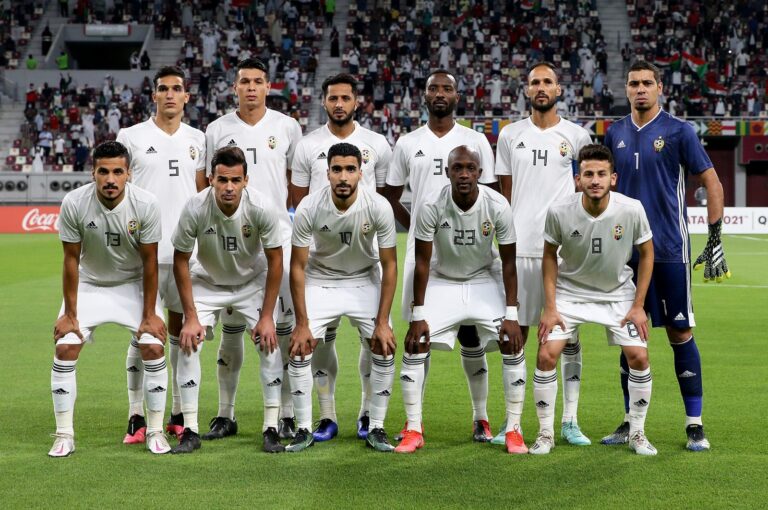
It was anticipated and now that day is finally here.
After equalling their previous best ranking (84) on more than one occasion in 2017. Palestine have set a new record by climbing two spots to 82nd on 427 ranking points
While Palestine holds steady with the 11th best ranking in Asia they have moved closer to the three nations ranked just above them. Uzbekistan (437), Iraq (438), and Syria (442) are all within 15 ranking points.
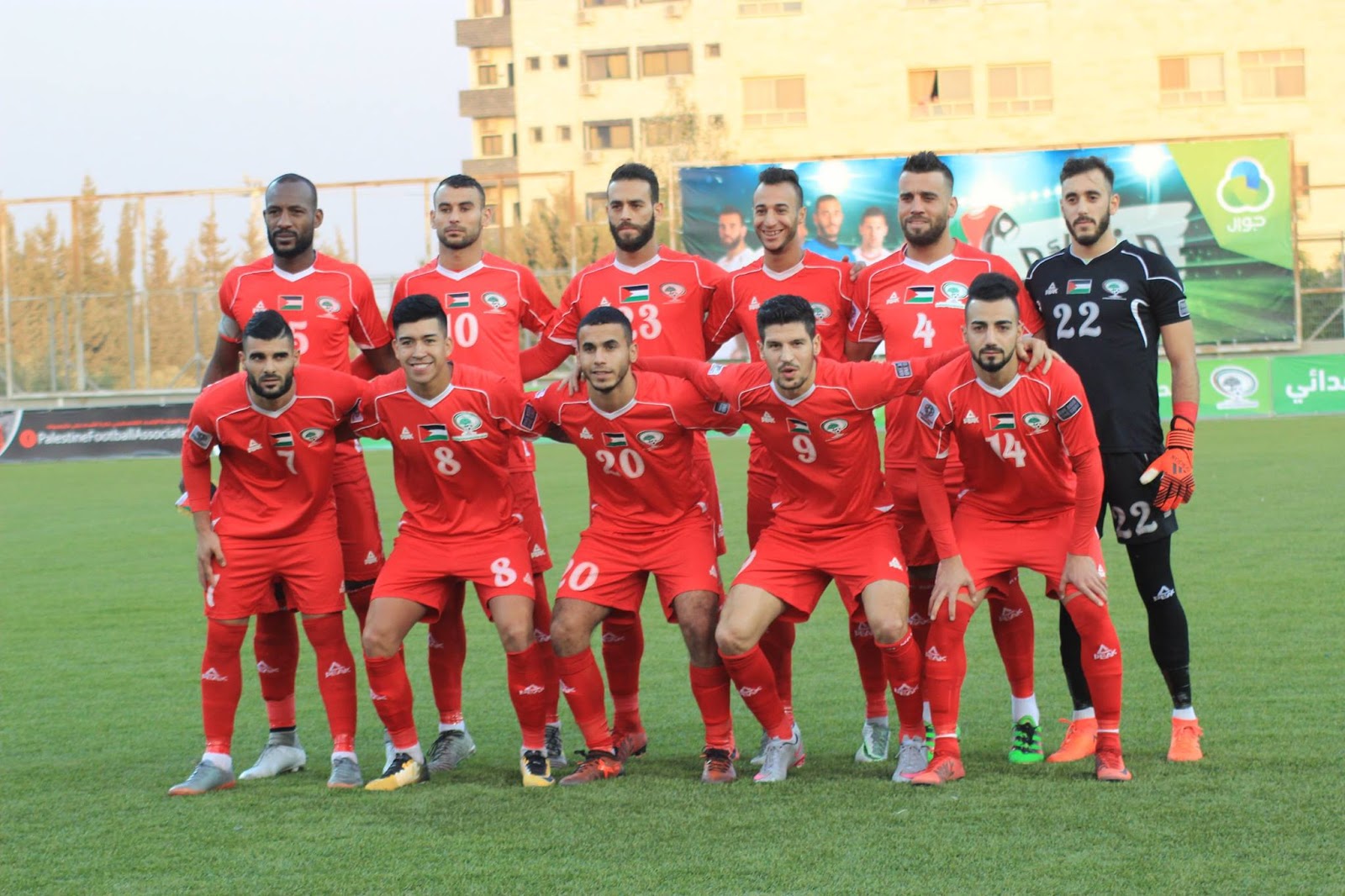
Do the FIFA Rankings Matter?
The FIFA ranking system is inherently flawed and there are no shortage of examples that prove that statement. The October ranking that will be used in less than two weeks’ time for the World Cup draw has Poland in the first pot ahead of Spain.
Wales and Romania are some of the nations that were clever enough to game the system in recent years to achieve high rankings.
So while the ranking may not be the best way to compare teams against each other- it is the only official method taken under consideration. FIFA has mandated its use for seeding at every major continental tournament and qualifying format giving it added importance despite its critics.
Palestine has been burned by its poor FIFA ranking before. Their 2015 AFC Asian Cup group was perhaps the most difficult group they could land in- featuring the likes of Japan (2011 Champion), Iraq (2007 Champion), and a Jordanian side that came very close to qualifying for the 2014 World Cup.
Several months after its Asian Cup debut, Palestine’s 115 ranking (14th best in Asia) secured before the tournament nosedived to 140th (19th best in Asia) over the next four months.
With the AFC electing to use the April ranking, Palestine found itself in Pot 3. As followers of the national team will know, lady luck handed Palestine a group headline by 2015 Asian Cup bronze medalists UAE and eventual World Cup finalists Saudi Arabia.
Going into the 2019 finals, Palestine will want to maintain its ranking as a Pot 2 side by remaining above 12th place, knowing full well that a good tournament could further improve their ranking and impact their seeding for 2022 World Cup qualifying.
Israel despondent

The news that Palestine (82) would overtake Israel (98) for the first time ever in the FIFA rankings left many news outlets despondent. Yehidot Arnaot ran a headline rhetorically asking the Israeli FA “What do they have that we don’t…. investigate carefully”.
The outcry led Sport and Culture minister- the infamous Miri Regev (best known for calling African asylum seekers cancer)- to contract the services of a consultancy to examine why Israel has preformed so poorly.
Even without a convoluted formula, the results speak for themselves- Palestine is 7-0-0 in 2017 while Israel achieved one win in the seven matches they contested- a 1-0 win over lowly Liechtenstein.
It’s worth noting that Palestine’s results garner less points as a result of a .85 coefficient that devaluates points achieved against Asian opponents. The UEFA coefficients is .99 which is applied to even the weakest members of the European confederation.
There will be no shortage of schadenfreude on the Palestinian side following the news and the Israeli reaction given the history of the two federations.
The original Palestine Football Association was created in 1928, at the behest of FIFA included all people living on the land, after the governing body refused to recognize a Jewish only entity.
After achieving recognition from FIFA the Jewish members of the board moved to systematically exclude non-Jews from the federation. That iteration of the PFA went on to become the Israel Football Association and it would take 70 years and many attempts for Palestine’s footballing entities to be recognized by FIFA.
What’s Next
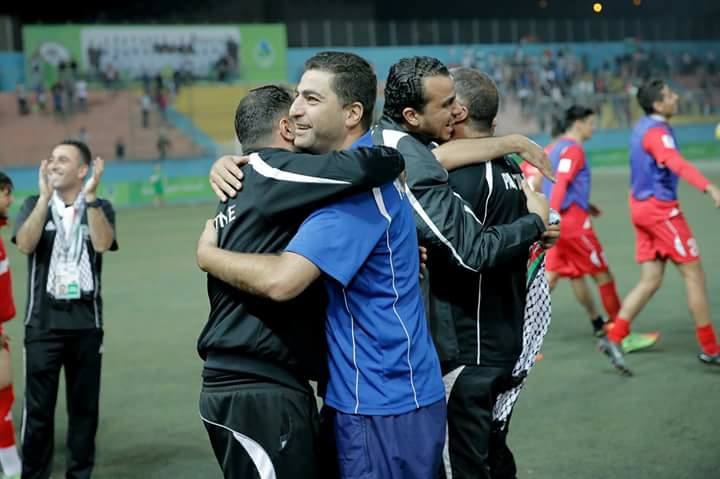
The PFA will have to use 2018 to plan for the next three years. According to national team manager Abdel Nasser Barakat, he will sit down with the PFA board to discuss his future immediately following the final qualifier against Oman. In an interview with Palestine 24 FM he seemed to suggest that he would agree to stay on only if he was given the resources to play a series of friendlies in the lead up to the 2019 finals.
Barakat is fast running out of records to break with the national team and the PFA would be foolish to even consider letting him go. The former Al-Bireh winger should be given the chance to lead the team at the 2019 finals and at the very least, the first stage of World Cup qualifying.
No other manager has achieved as much in as little time. Barakat has lost twice in his 19 matches in charge and racked up 10 wins en route to successfully qualifying for the 2019 AFC Asian Cup. His 53% winning percentage is the best in the history of the national team. As are his marks for goals per game (2.89), goal allowed per game (.68), and points per game (1.95). Moreover, Barakat’s tenure only spans 13% of the 146 official matches Palestine has played yet his teams have scored 55 goals (27%) of the 203 goals scored by Palestine since they rejoined FIFA in 1998.


